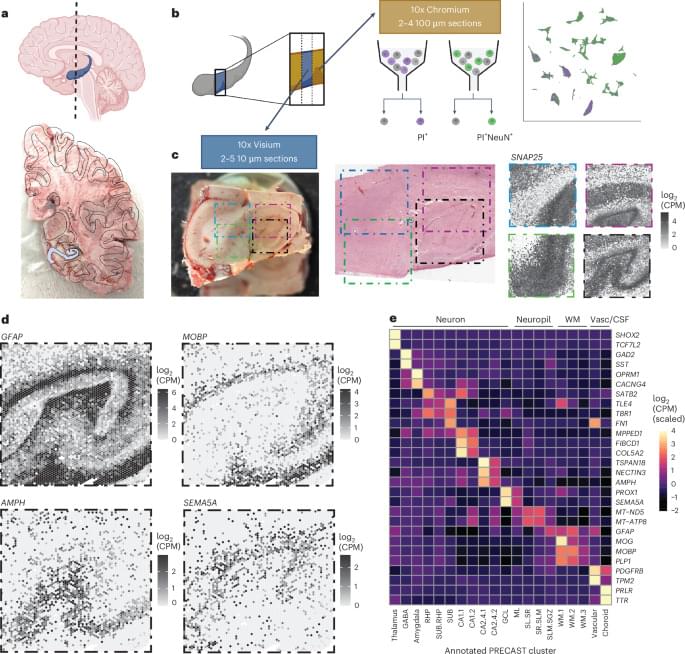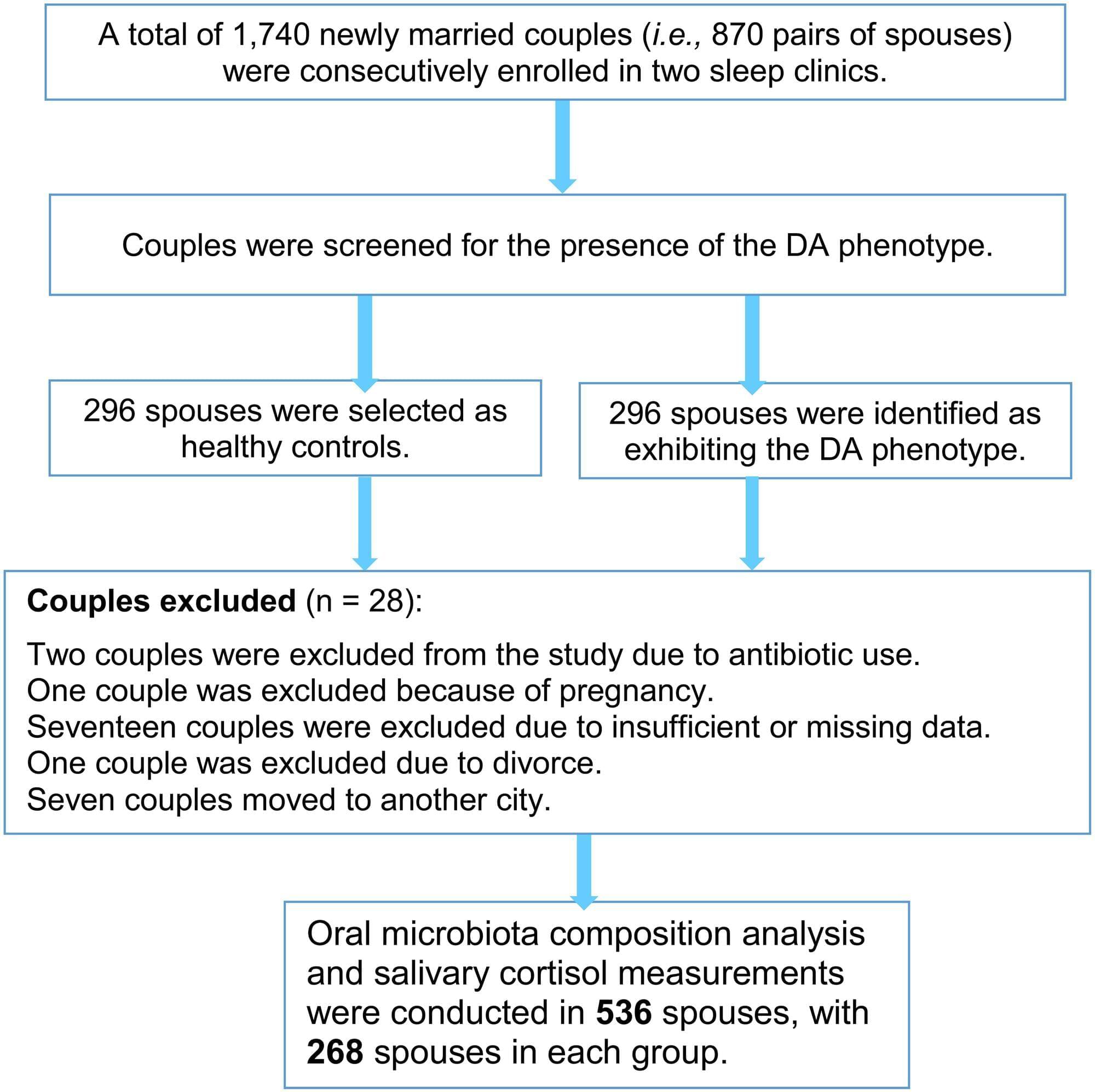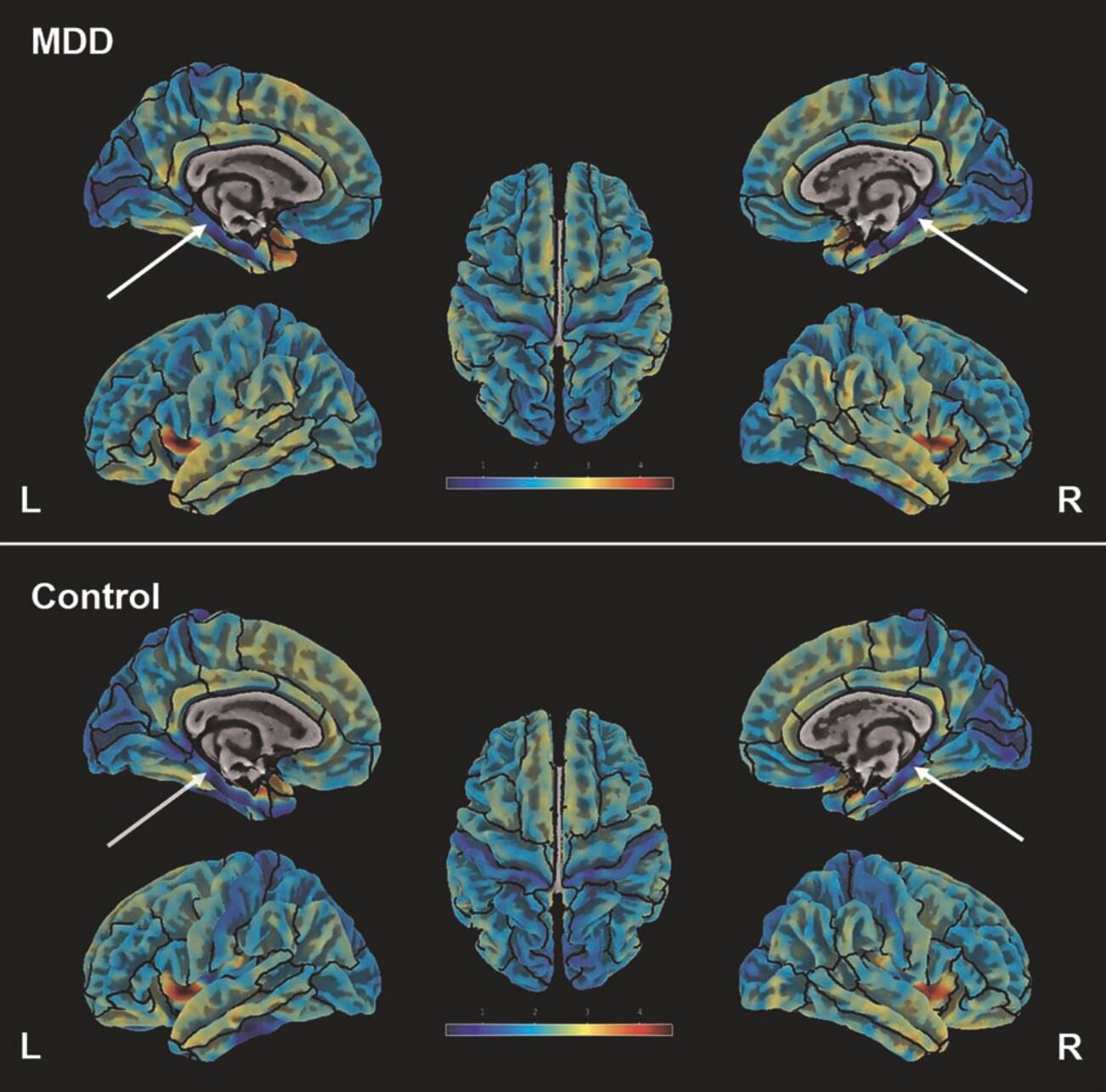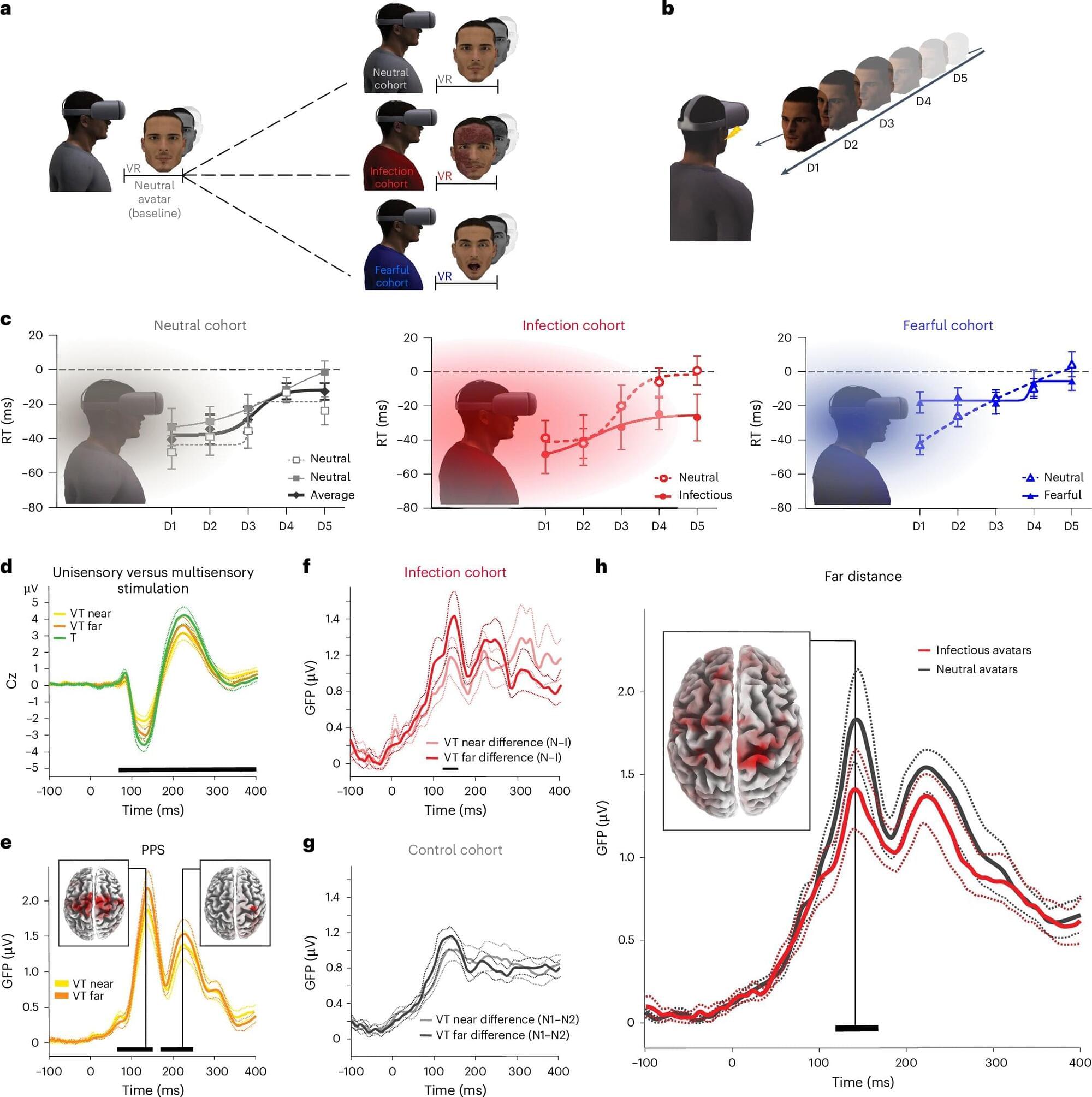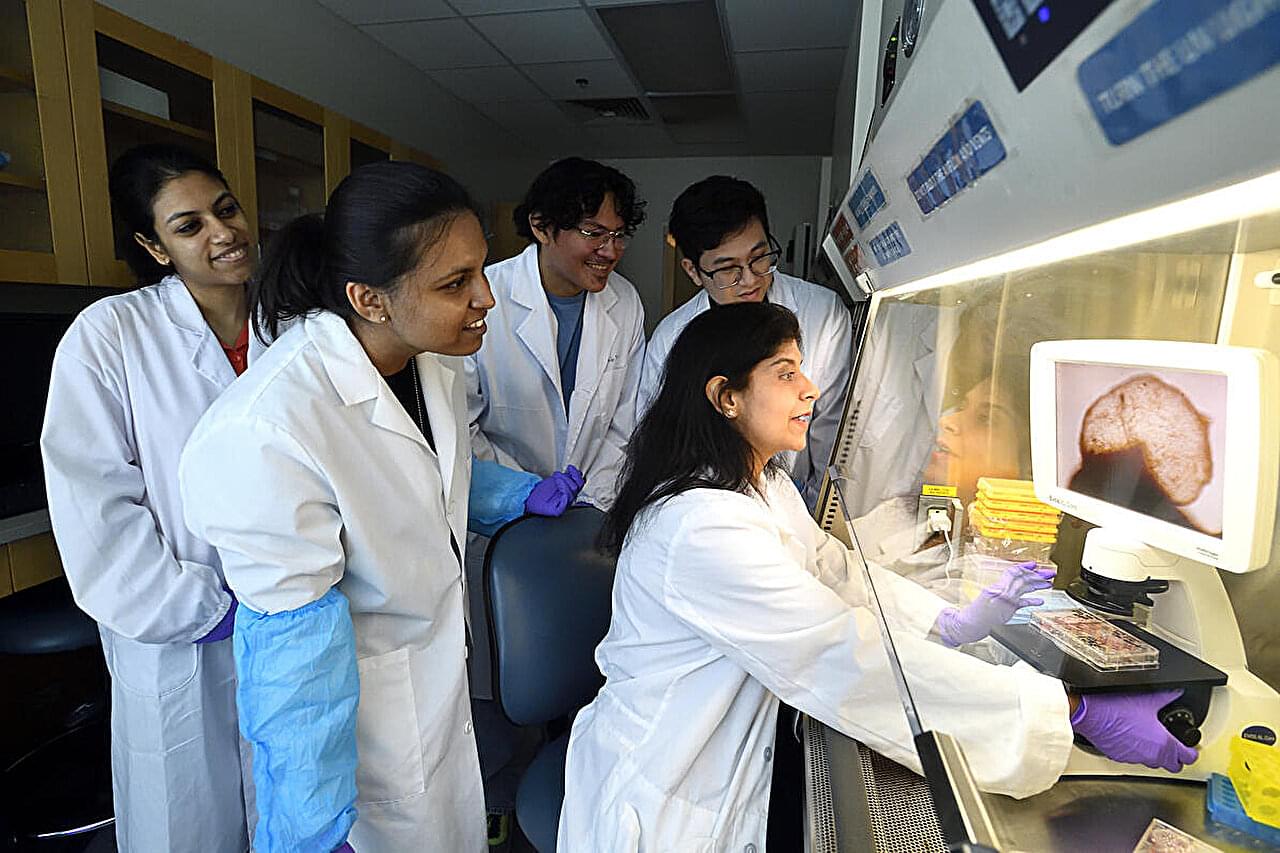Depression is a mental health disorder characterized by a recurrent or persistent sadness and a loss of interest in activities that were previously deemed pleasurable, sometimes accompanied by changes in sleep, appetite and perceived energy levels. One of the most debilitating types of depression is major depressive disorder (MDD), which entails a pervasive low mood for a prolonged time, which in turn adversely impacts people’s ability to engage in daily activities.
As depression is estimated to be experienced by approximately 3.5% of people worldwide, understanding its neurophysiological underpinnings and its characteristic brain signatures is of utmost importance. Past studies have linked depression, particularly MDD, to structural changes in a brain region known as the medial temporal lobe, which has been implicated in the formation and retrieval of memories, as well as in emotional processing and decision-making.
Researchers at Aachen University and Forschungszentrum Jülich GmbH recently carried out a study aimed at exploring the link between the structure of a specific part of the MTL, namely the parahippocampal cortex (PHC), and MDD. Their paper, published in Translational Psychiatry, suggests that the thickness of the PHC is an indicator of both MDD and neuroticism, a psychological trait marked by a pronounced tendency to feel negative emotions (e.g., anxiety, guilt, anger, etc.).
